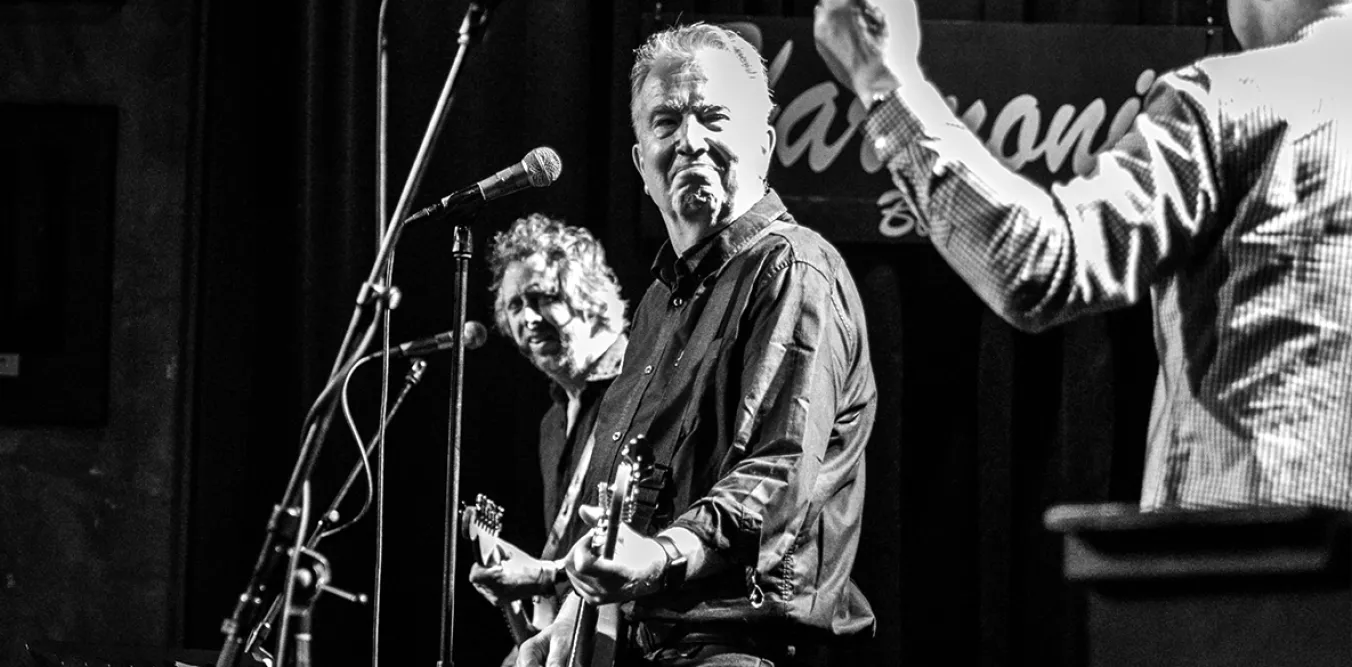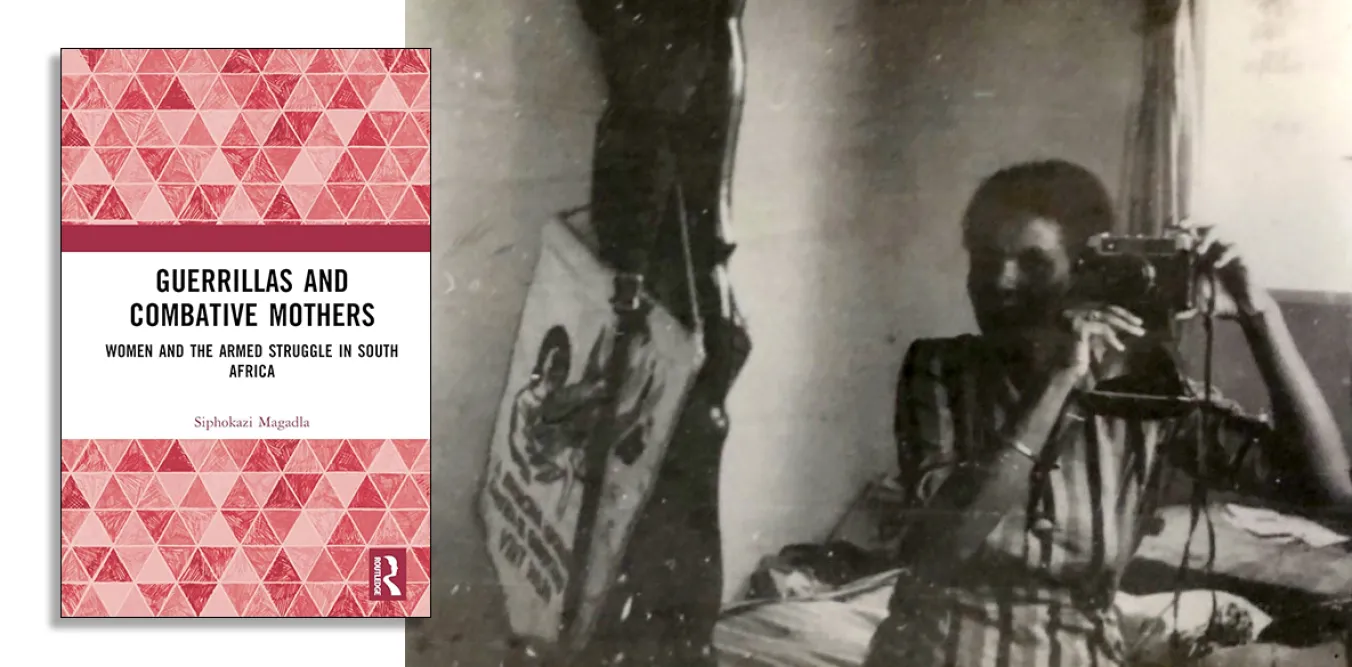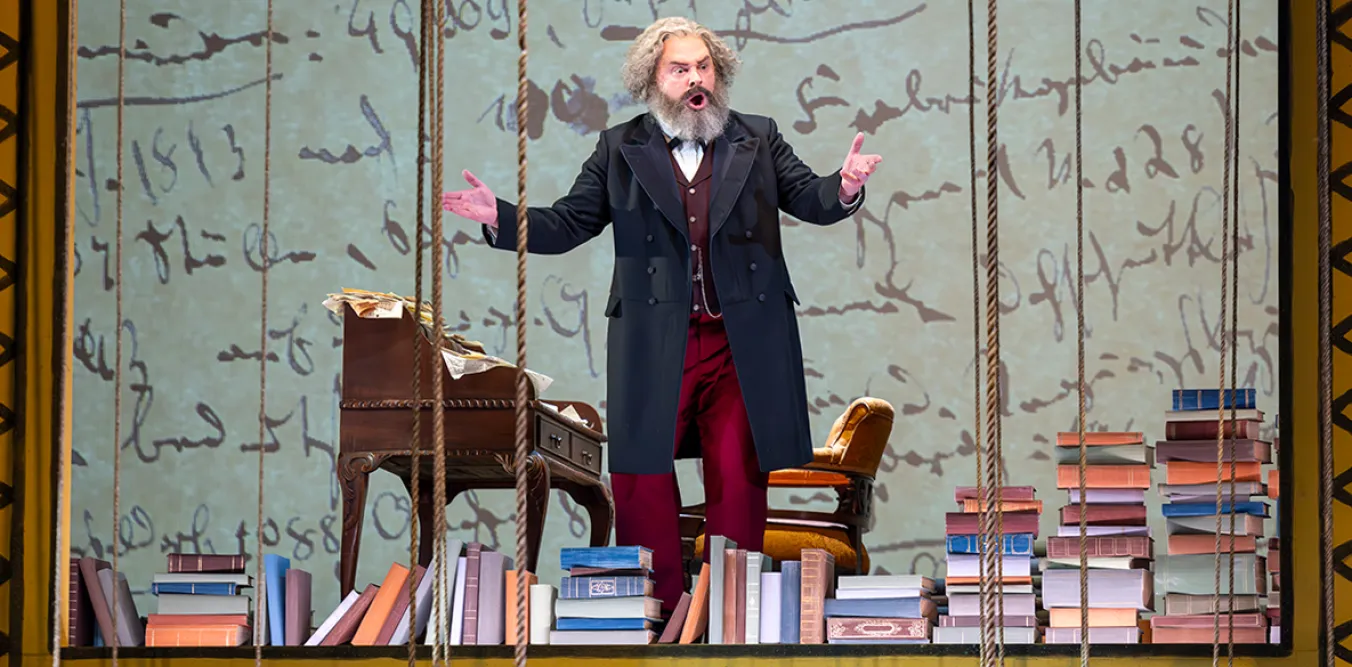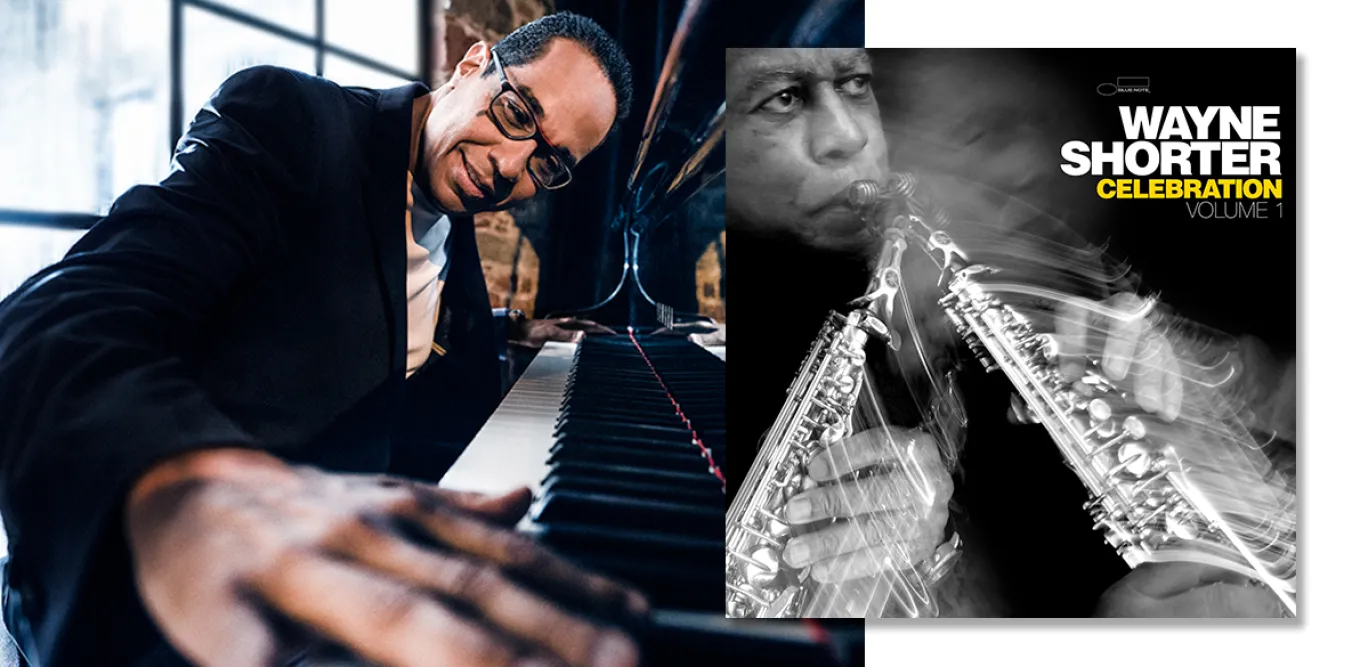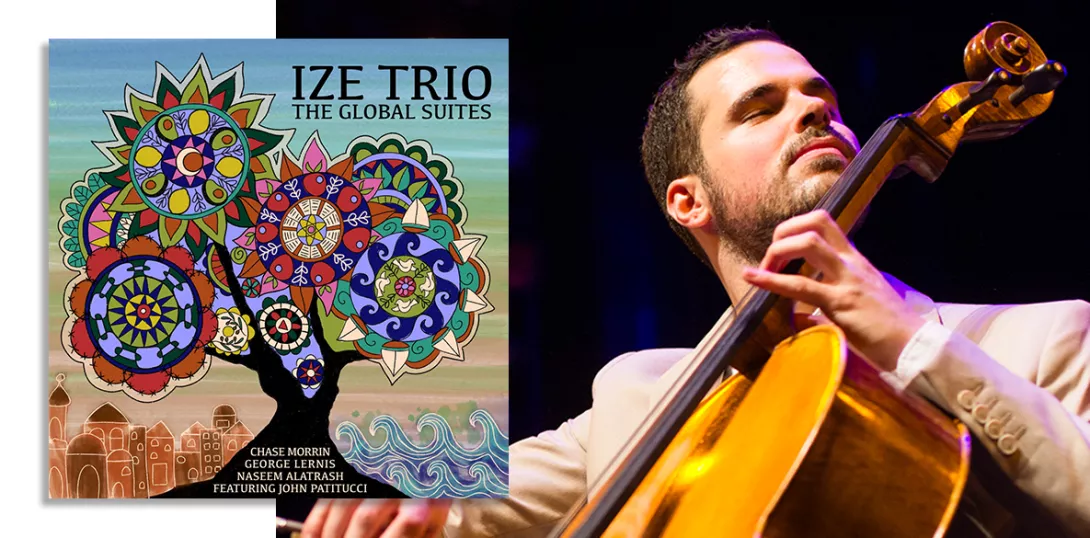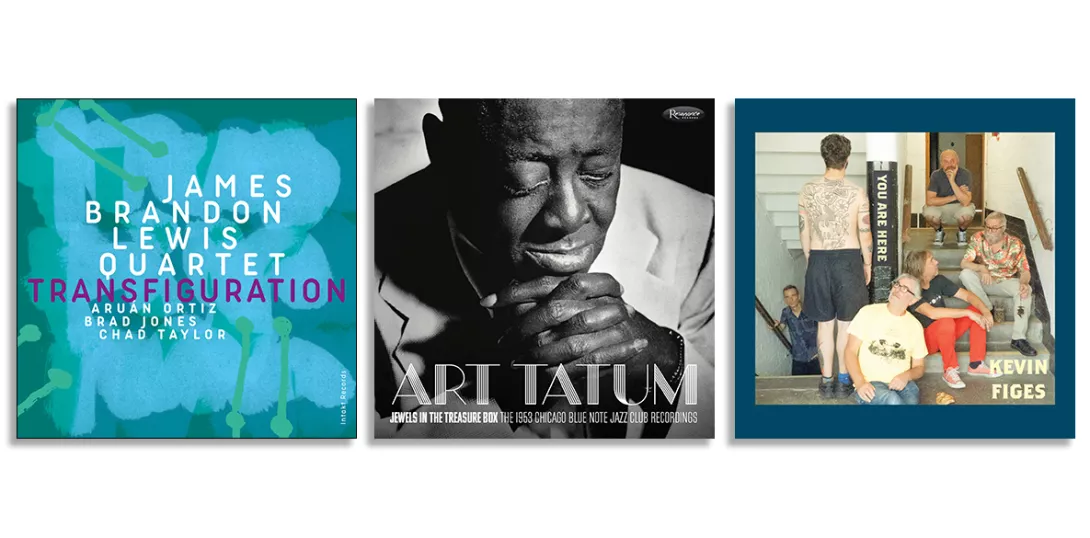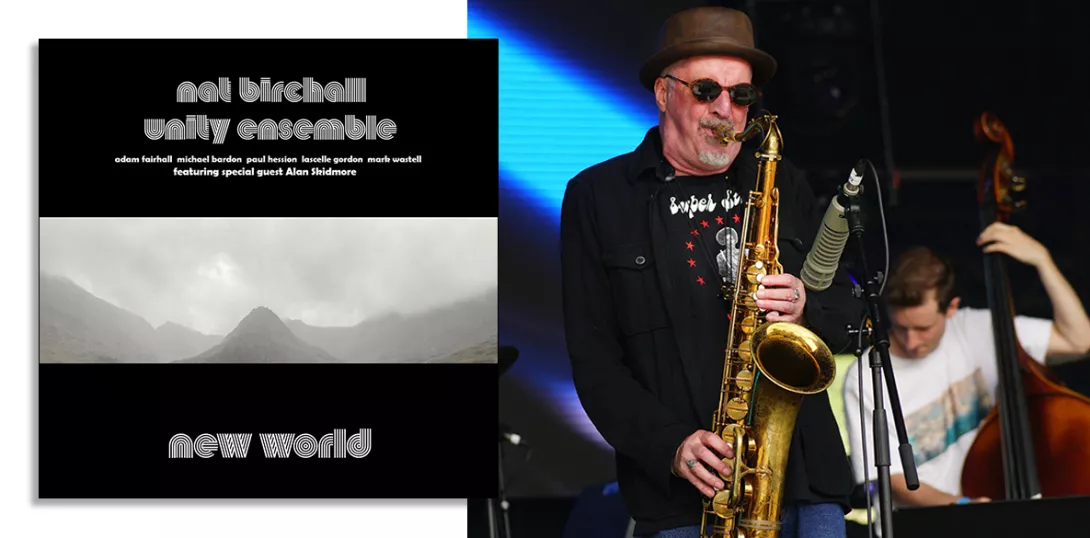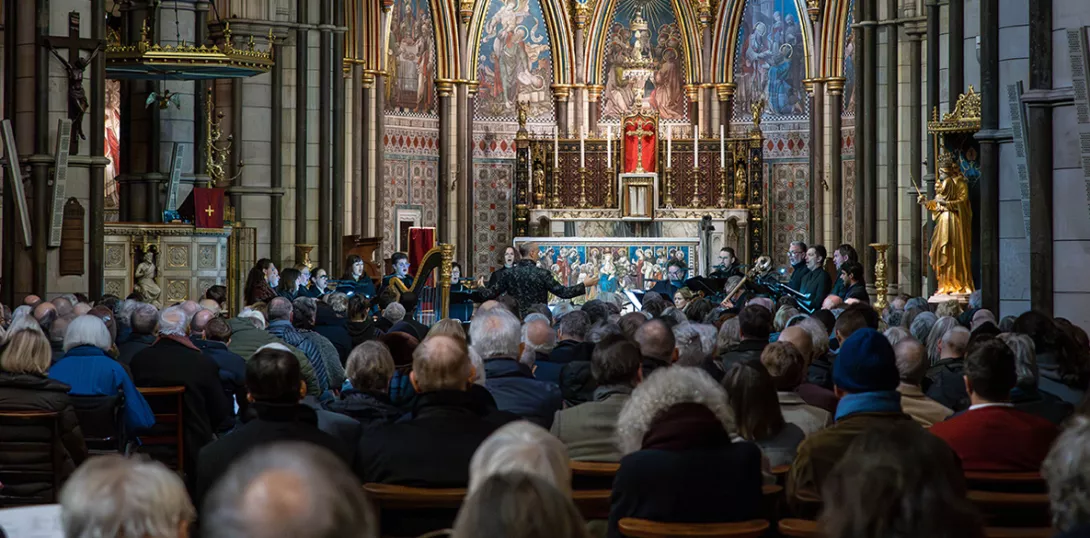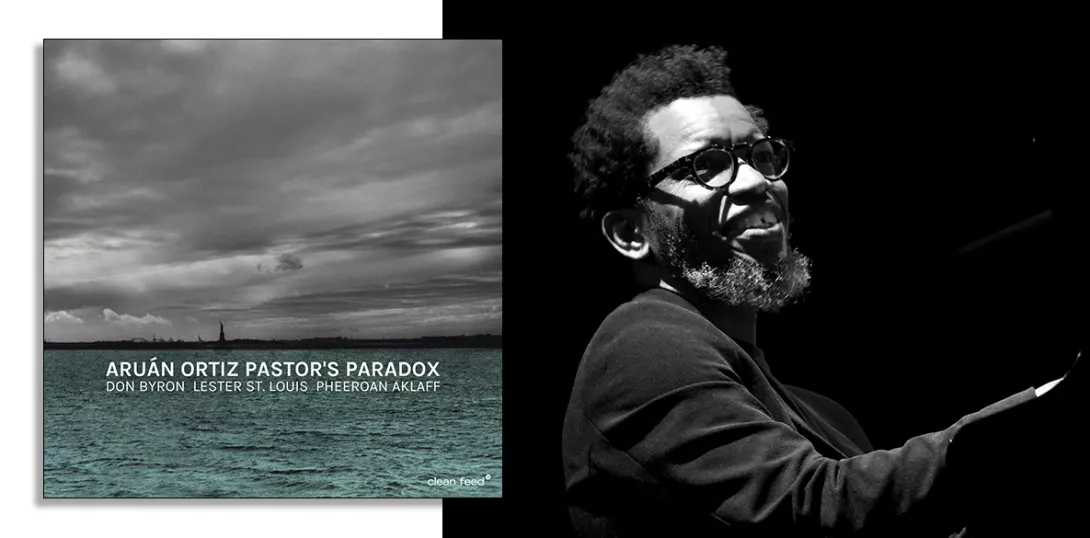
HEARING the pianist from Santiago de Cuba, Aruan Ortiz, playing live with Buffalo-born tenor saxophonist James Brandon Lewis, bassist Brad Jones and drummer Chad Taylor at Cafe Oto, it was as if a little piece of Cuba had dropped off in Hackney.
Sometimes joyous and stomping, sometimes almost mournful, always polyrhythmic as if the hybrid musical complexity of his island were breathing inside Ortiz's every note.
As he began a deep, slow and blues-sodden theme — perhaps it was a lamentation for past and present martyrs — MLK, Che, George Jackson and Floyd, the thousands dead in Gaza, it had a syncretic depth and throbbing empathy. The Cafe Oto piano wept.
Ortiz grew up in an embrace of absolute music. “I started studying music when I was seven, eight, as part of a special academic system that has formal classical music integrated into its curriculum from a very young age. Our city’s popular cultural life was so vibrant. You could find live music in various forms at every corner. I was completely exposed and absorbed by a myriad of melodies, rhythms and chants all through my childhood.
“When I was growing up I studied Martin Luther King’s civil rights position, his comments on the socialist system and his opposition to the Vietnam war. His name was associated with other black martyrs, those who were assassinated for their ideas, particularly in the violent times of the ’60s.”
So now in 2023 Ortiz has created his album Pastor’s Paradox, an exploration of King’s life and work. “He's such an enigmatic historical figure,” he told me, “and his image has been so diffused that we still know so little about how deep, how defiant, how influential his actions and oratory were, how they resonated with so many people. I was mesmerised by this. And by the paradox that he, as a pastor, created so much political leadership and street activism.
“He was one of the many unarmed black individuals assassinated in plain sight. As an African descendant living in the US, I was extremely moved by these atrocities. This could have been me, my kids, friends, relatives, as it was with George Floyd. That moment was a catalyst to write this musical statement.
“With this album I wanted to translate into music the feelings, experiences and struggles that led to Dr King to put himself at the forefront of civil rights, with its non-violent demonstrations, organising and educating communities with the power of words and example in that crucial period. His work and legacy is still vitally alive today.”
Ortiz’s bandmates include the superlative clarinettist Don Byron, drummer Pheeroan Aklaff, cellists Lester St Louis and Yves Dhar, and spoken-word artist Mtume Gant.
He says of the virtuoso and politically conscious Byron: “He is one of the most complete, serious, professional and fearless musicians I have ever worked with. He’s master of his instrument who plays in any musical context with such excellence. His musicianship has been proven many times over the years. He’s a mentor to me.”
What about his choice of the cello as a key instrument? “I love the cello. It has intense versatility, range and expressivity. My younger son plays it. Working with cello, I can expand and control the sonic spectrum of the pieces, both at the low end and taking lead with the melody, with its sound merging easily with any other instruments as in the aesthetic of a chamber ensemble.”
Then there are the mighty drums of Pheeroan Aklaff. “I’ve loved his work ever since I heard him on pianist Geri Allen’s album Maroons in 1992. I also love his work with trumpeter Wadada Leo Smith. He’s one of my musical heroes who I imagined playing with one day. His vast knowledge contributed hugely to the maturity and solidness of the album.”
Is Pastor’s Paradox in the same tradition as key albums by Max Roach, Archie Shepp and Charles Mingus that moved the civil rights struggle forward in the ’60s?
“It’s a small contribution,” he replies, “and I’m honoured you can hear it in such a way. They used their art as their voice to inspire and fight the struggle, and so it will be as long as these issues are not resolved.
“I see music as a channel that impacts creative processes and social consciousness against all forms of injustice, racism and political brutality. I’ve been inspired by the work of Afro-Latino and African-American artists whose talent, knowledge and craft have created a body of work that strongly advocates racial equality, bringing this struggle to the centre of the discourse.”
So listen closely to Pastor’s Paradox. It speaks, improvises and melodises our times too, with Ortiz’s rampant keys, the bowed ground-work of Dhar and St Louis, Aklaff’s finessing drums and Byron’s curlicuing notes adding their own lucid messages.
Pastor’s Paradox is released by Clean Feed Records.
